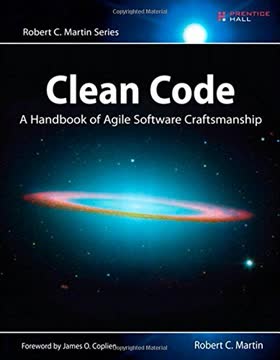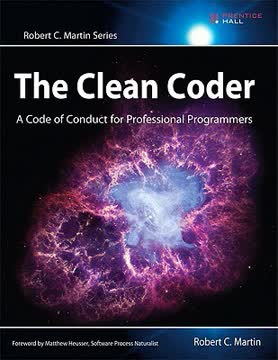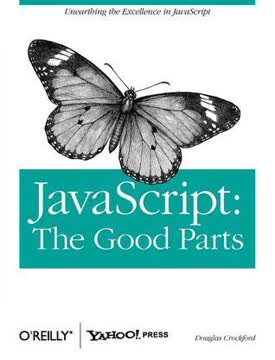Searching...
Top 5 Must-Read Books on Clean Code Practices
Discover the top 5 essential books on clean code practices that every developer should read to enhance their coding skills and software craftsmanship.
Book Summaries
A Handbook of Agile Software Craftsmanship
Considered a classic in software development, Robert C. Martin's **Clean Code** provides invaluable principles for writing maintainable and readable code, making it essential for both novice and experienced developers.
3 Key Takeaways:
- Write clean code that is readable and maintainable
- Follow meaningful naming conventions
- Keep functions small and focused
A Code of Conduct for Professional Programmers
In **The Clean Coder**, Robert C. Martin emphasizes the importance of professionalism in programming, offering practical advice on ethics, time management, and the discipline required to produce high-quality code.
3 Key Takeaways:
- Professionalism in software development requires taking responsibility and saying "no"
- Test-Driven Development (TDD) is essential for producing high-quality code
- Effective time management and focus are crucial for productivity
The Good Parts
Douglas Crockford's **JavaScript: The Good Parts** is a concise guide that highlights the best features of JavaScript, making it essential for developers looking to write clean and effective code in this versatile language.
3 Key Takeaways:
- JavaScript's Good Parts: Embrace Simplicity and Power
- Functions as First-Class Objects: The Heart of JavaScript
- Objects and Prototypes: Flexible and Efficient Inheritance
Robert C. Martin's **Clean Architecture** provides a comprehensive guide to software structure and design, focusing on principles that ensure maintainability and flexibility in code, making it a must-read for aspiring architects.
3 Key Takeaways:
- Software architecture is about minimizing human resources and maximizing productivity
- Clean architecture separates business rules from external details
- SOLID principles guide the creation of flexible, maintainable systems
John Ousterhout's **A Philosophy of Software Design** delves into managing complexity in software, offering strategic insights that are crucial for writing clean and effective code.
3 Key Takeaways:
- Complexity is the root of software design challenges
- Strategic programming trumps tactical approaches
- Modules should be deep, not shallow








